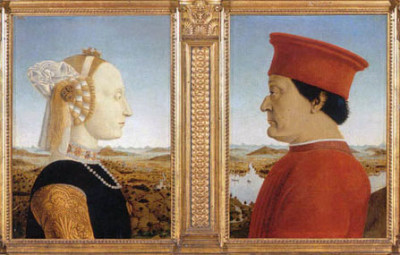10.The Redemption of Eve: The Decameron as New Genesis
by Brittany Asaro
Giovanni Boccaccio’s Decameron (1349-51) has long been regarded as a secular celebration of humanity. Yet, his choice of title—a play on hexameron—frames his short story collection as a gloss on Genesis. In this essay, I argue that the author’s reevaluation of scripture is an essential part of his vision of a post-plague society in which gender roles have been redefined. Boccaccio challenges traditional interpretations of the biblical account of humanity’s creation and fall,


